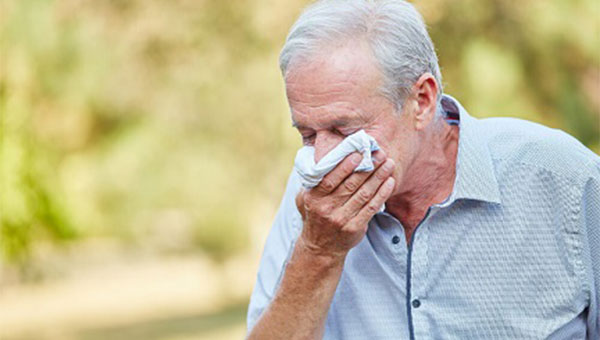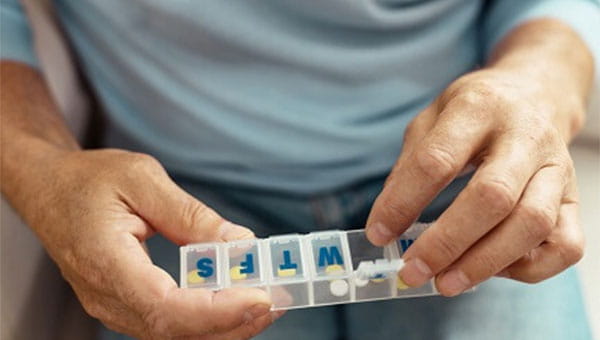As we get older, how do many of us deal with some kind of abnormality related to our bodies or health?
- We tend to ignore it, do nothing and hope it goes away.
- We say we’ll watch and monitor it, and do something if it gets worse.
- For a variety of reasons, we wait and wait and wait, and put off doing anything.
Unfortunately, these aren’t always the best option. While it might not always be the case, certain signs or symptoms may be related to a more serious medical condition, such as cancer or other chronic illness. With the evolution of cancer screenings and diagnostic testing, it’s possible to diagnose cancer earlier than in previous years. Talk with your physician about what routine screenings you should be getting based on age, preexisting conditions and family history.
There are some cancer types that have no screening tests. In this case, a symptom may be your first sign. A study conducted in London revealed that fewer than 60 percent of people had talked to their physician after experiencing symptoms like fever, extreme fatigue or unexplained weight loss. The study also revealed that very few people considered their symptoms to be caused by cancer. While these symptoms may be more likely caused by some other underlying condition, they shouldn’t be ignored, especially if the symptoms persist or get worse.
Below are some signs and symptoms that you shouldn’t ignore, particularly if these persist longer than feels right:
- Abdominal pain
- Back pain
- Bladder habit changes: Needing to go more or less often, blood in the urine, pain while passing urine
- Bleeding between periods or after menopause
- Bloating that’s excessive or constant
- Body pain and aches
- Bowel habit changes: Needing to go more or less often, blood in the stool, abdominal cramping
- Chest pain
- Coughing that doesn’t go away, chest ache, increased sputum from coughing or coughing up blood in phlegm, increased hoarseness
- Diarrhea, constipation
- Erectile dysfunction
- Headaches
- Heartburn
- Indigestion
- Lumps, hard knots, thickening in the breast, bloody discharge from the nipple
- Lymph node swelling in the armpits, neck and groin
- Skin changes in moles and freckles that are sudden or increasing, or sores that don’t heal
- Sores in the mouth that don’t heal, mouth pain that doesn’t go away, white spots in the mouth
- Swallowing trouble
- Testicle pain, lumps in the testicles
- Vaginal bleeding
These symptoms could be signs of cancer, but they could also be caused by other medical conditions. Talk with your primary care physician about the frequency and severity of these symptoms and how to begin testing or screenings, if necessary.




